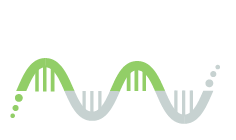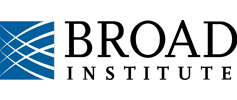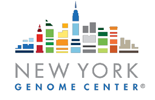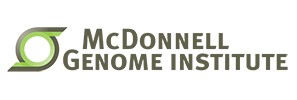Submitted by ja607 on
| Title | Genomic Patterns of De Novo Mutation in Simplex Autism. |
| Publication Type | Journal Article |
| Year of Publication | 2017 |
| Authors | Turner, TN, Coe, BP, Dickel, DE, Hoekzema, K, Nelson, BJ, Zody, MC, Kronenberg, ZN, Hormozdiari, F, Raja, A, Pennacchio, LA, Darnell, RB, Eichler, EE |
| Journal | Cell |
| Volume | 171 |
| Issue | 3 |
| Pagination | 710-722.e12 |
| Date Published | 2017 Oct 19 |
| ISSN | 1097-4172 |
| Keywords | Animals, Autistic Disorder, DNA Copy Number Variations, DNA Mutational Analysis, Female, Genome-Wide Association Study, Humans, INDEL Mutation, Male, Mice, Polymorphism, Single Nucleotide |
| Abstract | To further our understanding of the genetic etiology of autism, we generated and analyzed genome sequence data from 516 idiopathic autism families (2,064 individuals). This resource includes >59 million single-nucleotide variants (SNVs) and 9,212 private copy number variants (CNVs), of which 133,992 and 88 are de novo mutations (DNMs), respectively. We estimate a mutation rate of ∼1.5 × 10 SNVs per site per generation with a significantly higher mutation rate in repetitive DNA. Comparing probands and unaffected siblings, we observe several DNM trends. Probands carry more gene-disruptive CNVs and SNVs, resulting in severe missense mutations and mapping to predicted fetal brain promoters and embryonic stem cell enhancers. These differences become more pronounced for autism genes (p = 1.8 × 10, OR = 2.2). Patients are more likely to carry multiple coding and noncoding DNMs in different genes, which are enriched for expression in striatal neurons (p = 3 × 10), suggesting a path forward for genetically characterizing more complex cases of autism. |
| DOI | 10.1016/j.cell.2017.08.047 |
| Alternate Journal | Cell |
| PubMed ID | 28965761 |
| PubMed Central ID | PMC5679715 |
| Grant List | R01 HG003988 / HG / NHGRI NIH HHS / United States UM1 HG008901 / HG / NHGRI NIH HHS / United States R35 NS097404 / NS / NINDS NIH HHS / United States / / Howard Hughes Medical Institute / United States U54 HG006997 / HG / NHGRI NIH HHS / United States U24 HG008956 / HG / NHGRI NIH HHS / United States R01 MH101221 / MH / NIMH NIH HHS / United States |




